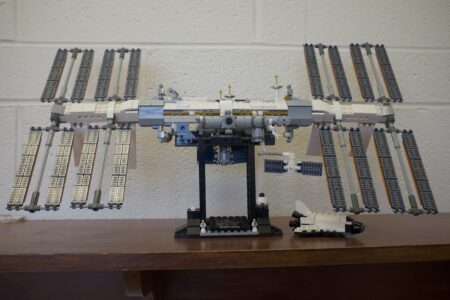[Heisenberg and Bohr] left the park and plunged into the city streets while they discussed the consequences of Heisenberg’s discovery, which Bohr saw as the cornerstone upon which a truly new physics could be founded. In philosophical terms, he told him as he took his arm, this was the end of determinism. Heisenberg’s uncertainty principle shredded the hopes of all those who had put faith in the clockwork universe Newtonian physics had promised. According to the determinists, if one could reveal the laws that governed matter, one could reach back to the most archaic past and predict the most distant future. If everything that occurred was the direct consequence of a prior state, then merely by looking at the present and running the equations it would be possible to achieve a godlike knowledge of the universe. These hopes were shattered in light of Heisenberg’s discovery: what was beyond our grasp was neither the future nor the past, but the present itself. Not even the state of one miserable particle could be perfectly apprehended. However much we scrutinized the fundamentals, there would always be something vague, undetermined, uncertain, as if reality allowed us to perceive the world with crystalline clarity with one eye at a time, but never with both.
Labatut, Benjamín. When We Cease to Understand the World. New York Review of Books, 2020. p. 161–2






